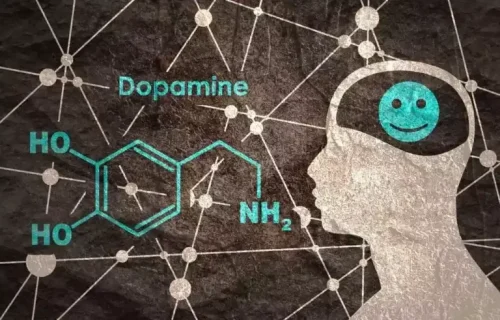Sober living
How to Reduce Cognitive Dissonance

Consider if you’re working in a job you hate, suggests Michele Leno, PhD, a Michigan-based licensed psychologist and founder of DML Psychological Services. You have a pit in your stomach every morning, and you’re counting down the hours until it’s time to leave. Living with that dissonance probably means you’re fairly stressed out and angry every day. To keep a harmonious state of mind, we strive for consistency in our beliefs and actions. I’m Hugo, and I started tracking my happiness 10+ years ago. Now, my mission is to help destigmatize mental health, one story at a time.
Festinger’s Theory of Cognitive Dissonance
But you can feel caught off guard when those values and beliefs are shaken by social pressures, the presence of new information or having to make a rushed last-minute decision. Sometimes, we can even get caught up in behaving or reacting a certain way that doesn’t necessarily align with how we really feel — and then we end up feeling lost. Cognitive dissonance can make people feel uneasy and uncomfortable. This is particularly true if the disparity between their beliefs and behaviors involves something that is central to their sense of self. For example, let’s say you watch a documentary that gives you some new beliefs about the ethics of fast fashion.

Primary and Secondary Emotions: How to Recognize and Deal With Them

All of those routes help you get back to a mental state without conflict, where you feel like your beliefs, values, and actions are all in harmony. But each way of reducing dissonance requires that you recognize what feelings you have and do something about it, Curry adds. The theory of cognitive dissonance proposes that people are averse to inconsistencies within their own minds. It offers one explanation for why people sometimes make an effort to adjust their thinking when their own thoughts, words, or behaviors seem to clash with each other. Everyone experiences cognitive dissonance in some form in their life. It’s more common to feel discomfort and to feel like you need to resolve the dissonance when cognitions are important to you or they conflict heavily with each other.
Be mindful
- There has been a great deal of research into cognitive dissonance, providing some interesting and sometimes unexpected findings.
- Embracing these strategies can lead to greater mental clarity, emotional well-being, and personal growth.
- Socrates extolled that “An unexamined life is not worth living.” In other words, challenge and be skeptical of such answers if you find yourself falling back on them.
- If you’re interested in psychology and human behavior, you’ve probably heard the phrase cognitive dissonance.
You feel guilty but can’t afford to buy meat from pasture-raised or grass-fed animals. You start going to bed earlier and get up with enough time to work out. It’s hard at first, but instead of feeling guilty when you see the gym keychain, you feel proud of yourself. You even joined a gym a while back, but you stopped going.

What Is Cognitive Dissonance Theory?
This is particularly true if it is a deeply held conviction central to an individual’s sense of self. The fear of others noticing the disparity may cause people to hide their true beliefs or actions. For some, this might mean not sharing how they actually think or act. If you are experiencing dissonance, you might grapple with feelings of anxiety, shame, regret, or sadness.

- Before they went on stage, they were told to think of a time when they didn’t exhibit that behavior.
- People attempt to relieve this tension in different ways, such as by rejecting, explaining away, or avoiding new information.
- This may lead us to commit to a particular course of action and become insensitive to and reject alternative, perhaps better, courses that come to light.
Armed with a broader perspective, objectively evaluate the conflicting beliefs or choices. For example, opting for unhealthy food despite valuing a healthy lifestyle introduces dissonance, as the decision contradicts one’s core beliefs about well-being. This internal conflict triggers feelings of tension, anxiety, and confusion as the mind grapples with the challenge of reconciling contradictory information. You can also lessen the chances of dissonance beginning in the first place if you practice being mindful, Noulas says.
You believe we all should reduce our carbon footprint but struggle to break free from internal combustion engines and luxury SUVs. It may lead us to alter our attitudes to be more consistent. Theoretically, dissonance may contribute to a variety of changes in behavior or beliefs. When someone tells a lie and feels uncomfortable about it because he fundamentally sees himself as an honest cognitive dissonance and addiction person, he may be experiencing cognitive dissonance.
